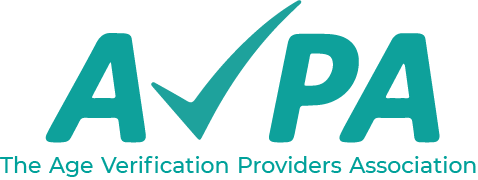A second judicial review has been brought against the UK government for its decision to “fetter” the will of Parliament by refusing to implement Part 3 of the Digital Economy Act 2017.
The first case resulted in the government commiting to return to Parliament ask for the law to be formally repealed, throwing into sharp relief the contrast between what has already been enacted, and the new proposals in the Online Safety Bill which currently exclude pornographic websites from the scope of the legislation, and focus instead on social media and search engines.
While children deserve protection from all sources of often violent and extreme pornography, it is clear that only the force of law will drive any changes to the protections offered by porn sites. Indeed, many social media platforms are already announcing imrpovements in their harm prevention technologies to comply with the new Age Appropriate Design Code which will be fully enforced by the ICO from September 2 2021. There is no sign of changes from the adult sites, most of which are based overseas, so will only respond to the enforcement mechanisms included in the Digital Economy Act which targeted the flow of funds to these sites, and allowed for the regulator to block access to them altogether.
The new court case continues the argument that Ministers may decide when to introduce a law, but not whether to introduce it at all. It also adds a human rights’ dimension, arguing that the government has a duty to prevent the harm that porn is known to cause – a fact that featured in the recommendations of the recent governmet enquiry into child sexual abuse.
The solicitor bringing the action, Paul Conrathe, and his clients, Ava & Ioannis, spoke to Naga Munchetty on BBC Radio 5 Live about the case:
https://www.bbc.co.uk/sounds/schedules/bbc_radio_five_live/2021-08-11 (at 11:30am)
The Online Safety Bill has already suffered a significant delay, with the plan to introduce it at First Reading this autumn already abandoned, and a joint committee of MPs and Lords not reporting on the draft bill until the end of the year. It will therefore be 2022 before the Bill is considered by Parliament; 2023 when it becomes law and the required secondary legislation defining what the government considers to be harmful content be developed. Only then can Ofcom begin its formal work to develop statutory guidance and codes of conduct which may take over a year in themselves, putting any real impact back until 2024 or 2025,
The Children’s Commissioner is investigating what measures could be taken sooner, and is due to report to the Secretaries of State for Education and DCMS shortly. But with zero chance of voluntary action by porn sites,implementing Part 3 of the 2017 Act remains the only practical solution – and can be done at the stroke of a pen by a Minister giving 40 days notice that this law will come into force, if only as an interim measure until the new Bill succeeds it.
(You can contribute to the funding of the latest case here)

